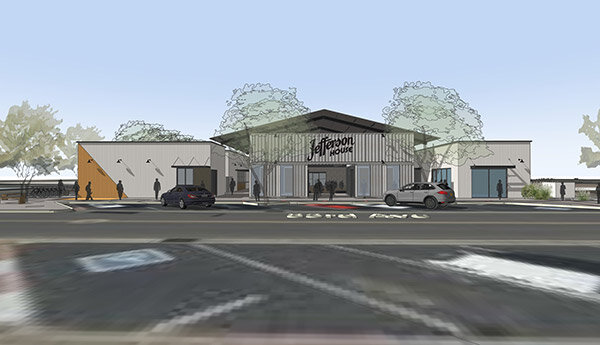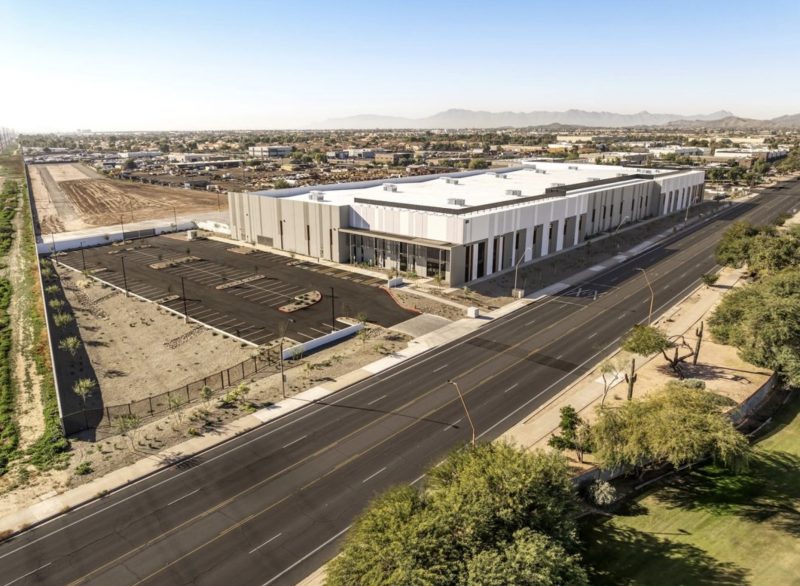
By Nick Labadie, Senior Planner at Rose Law Group
Long-Term Steps Cities and the Development Community Can Start Now in Response to COVID-19
There are a lot of people doing a lot right now to help get this pandemic under control. The help , however, is mostly from politicians, scientists, doctors, nurses, first responders, and law enforcement. For many of the rest of us, we just need to stay put–away from others and figure out how to work from home. There’s more we can do, however. For those of us in the real estate, development, and planning professions, there are already lessons we can learn from this pandemic, as well as those we’re sure to face in the future. Surely, there will be many lessons learned from these trying times, but some we can learn right now are that we need 1) facilitate multi-generational living, 2) diversify housing options organically, 3) plan for alternative uses of public and quasi-public facilities. The best part is these are beneficial even if there was never another public emergency.
Multi-Generational Living
We have seen the writing on the wall for many years that we have a massive aging population that is going to overwhelm the existing capacity for assisted living and similar facilities. We’re seeing local healthcare systems being overrun in the areas harder hit by COVID-19 today. More acutely, many of us, me included, are now finding ourselves far from loved ones at high risk, due to age or existing conditions or both, that may need care and have no loved ones near by to help. All this time, there have been more and more restrictions placed on new and existing homes, allowing guest quarters or accessory dwelling units that would help solve the problem.
In the past, these restrictions and hesitancy on the part of cities to allow them, have come from poorly managed rentals, skirting rental laws, or inefficient regulation. More recently, poorly managed short-term vacation rentals have been the source of problems. The answer is not to remove all restrictions and set everyone loose. Likewise, the answer just cannot be to force everyone that doesn’t live on ten acres to live with their immediate family only. The private sector, which responds to market trends, has begun offering more multi-generational options for some time, but are limited by what is possible given current zoning ordinances. We can do more.
Cities and towns in Arizona can begin looking at their zoning ordinances now for ways to responsibly permit guest houses, accessory dwelling units, and alternative design guidelines that will allow for more creative housing product while maintaining a level of quality and design. This can be done for both new homes, remodeling, and new structures on old properties. This will take coordination with multiple departments including, of course, planning, public works, and code enforcement, but should also include police and fire. We cannot just point to the problems some alternative designs have caused in the past and say that nothing different can be done. We need to work together to solve those problems with creative solutions. I believe the will to do it exists.
The real estate development community can do more as well. For larger developments that take advantage of planned area developments (PAD) and similar application types, flexibility is provided to propose alternatives and work with staff at cities and towns to answer questions, make changes, solve problems, resolve concerns, and get approval for unique product that meets market demands, will function well, and will have a competitive edge over more traditional options. There may need to be changes to CC&Rs to help neighborhoods and cities monitor and enforce the new standards.
Obviously, it won’t be simple or easy to do this. Nothing new ever is. It will take some additional resources up front on both sides. Cities will need to acknowledge the extra time and cost the private sector is putting into it and be willing to help where possible. The private sector needs to acknowledge that cities don’t have to do this and those that do are going above and beyond. If done right, both sides benefit tremendously in the end. The cities get high quality housing, happy residents, and a public that is more prepared for future challenges as a society. Public infrastructure is upgraded and paid for by developers. Densities increase overall, concentrating services rather than spreading them out where it is more costly to provide them. The private sector gets a competitive edge, higher and faster sales, and is able to respond to the changing market while feeling confident they are providing a high-quality product that benefits the community.








